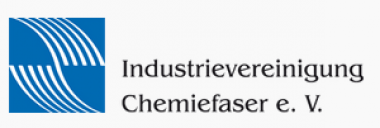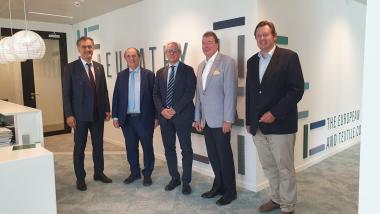IVC rückt enger an CIRFS heran
Die Industrievereinigung Chemiefaser e.V., satzungsgemäß zuständig für die DACH-Staaten, für die Bereiche Technik, Umwelt, REACH sowie Forschung und Entwicklung das Sprachrohr aller Mitglieder des europäischen Chemiefaserverbandes CIRFS, hat dem Druck auf den Industriestandort Deutschland Rechnung getragen.
Die Interessenvertretung und Lobbyarbeit der Chemiefaserbranche werden sich künftig auf die Europäische Kommission in Brüssel fokussieren. Die Industrievereinigung Chemiefaser e. V. (IVC) wird dabei zwar weiterhin einen wichtigen Faktor darstellen, aber sehr viel enger mit CIRFS in Brüssel verbunden und personell deutlich reduziert sein. Eine IVC-eigene Geschäftsführung gibt es nicht mehr, deren Aufgaben hat der IVC-Vorstand direkt übernommen.
Der Vertrag des langjährigen Geschäftsführers, Dr. Wilhelm Rauch, endete nach rund 22 Jahren am 31. Januar 2024. Der REACH-Experte wird künftig der Branche als Berater zur Verfügung stehen.











